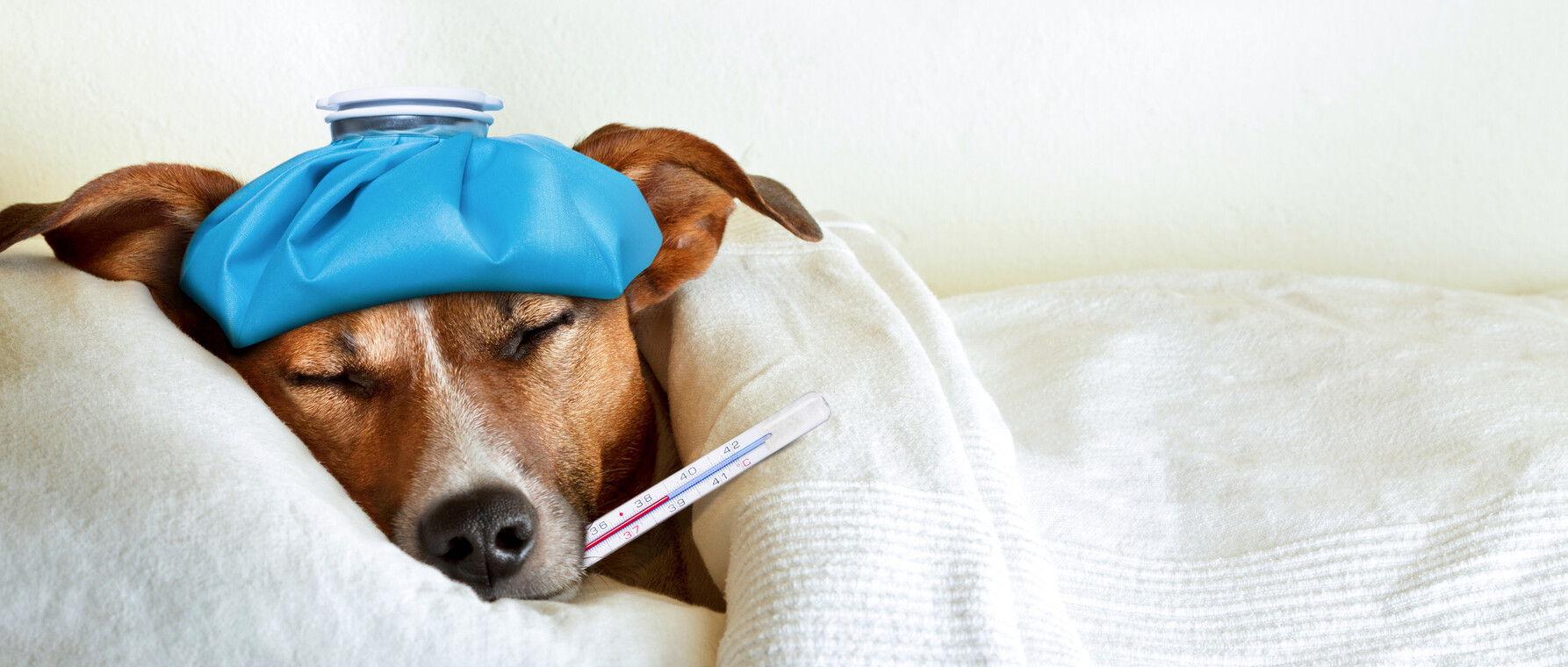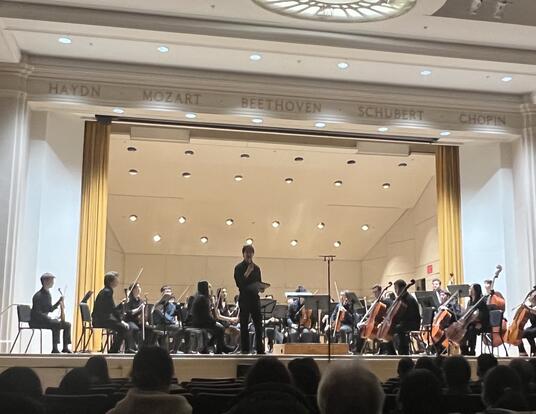B-2 B-Well: Beat the Bug!
Take a holistic approach to physical wellbeing during cold and flu season

With the end of the term, the beginning of winter, and holidays in many religious traditions, December is one of the hardest times of the year to keep one’s wellbeing on track. And while each branch of the wellbeing framework is important, the recent global pandemic demonstrated that physical wellness is unique because it can quickly and significantly affect us and others.
The COVID years taught us all the importance of preventive measures such as masking and hand washing for a full 20 seconds with soap and warm water. But the staff at the Center for Wellness and Health Promotion (CWHP) wants students to think more holistically about staying healthy during the cold and flu season. They encourage them to refocus on two areas in particular that are important for boosting immunity: activity and sleep.
Stay Active
Research shows that people who regularly practice physical activity experience lower incidence, intensity of symptoms, and mortality in viral infections. Many folks struggle with exercise, though, because of “black-and-white" thinking. You may have had thoughts such as, “If I can’t exercise for a certain amount of time or at a certain level of intensity, then what’s the point?” But Amanda Ayers at the CWHP says a dichotomy of 0 or 100 percent with nothing in between can sap both energy and motivation.
“Our needs and desires, bodies and minds change over time. That’s totally normal,” Ayers says. “It’s best to be curious about yourself and tune in to what works for you and your body today.” She explains that the best thing to do when you’re feeling unmotivated is to approach yourself with kindness. If an hour-long hike doesn’t feel doable, what about a five-minute walk? Or a quick YouTube yoga video? “Try moving away from the idea of ‘should’ and towards ‘what will help me feel good right now?’” she says.
A more relaxed mentality can help avoid burnout during the winter months when many feel that it’s too dark, cold, and miserable to exercise outside or schlep to the gym. It always helps to take a moment to make sure you have the proper gear. As Ayers points out, we’re less likely to do things that make us feel uncomfortable. You might be more inclined to go for a walk if you’ve got a warm coat, hat, and pair of gloves.
Sleep
Another crucial yet often overlooked aspect of physical wellbeing and immunity is sleep. The Mayo Clinic reports that “people who don't get . . . enough sleep are more likely to get sick after being exposed to a virus.” Yet most of us struggle to get the recommended seven to nine hours of rest per night. Thankfully for those students who are short on time, the solution is not sleeping more but improving the quality of your sleep.
“You want to think cave!” says Ayers. “The ideal sleep environment is dark, cool, and quiet.” Creating that subterranean vibe can be challenging when living in a city like Boston or the active Harvard Griffin GSAS residence halls, but little changes can help get you closer to that ideal hibernation setup. Ayers recommends black-out curtains, sleep masks, earplugs, and fans to keep temps down in living spaces with overactive furnaces.
Evening habits can also contribute either positively or negatively to the quality of sleep you get. Substances like cannabis and alcohol may make you feel sleepy, but research shows that they actually decrease leep quality. Ayers suggests backing off from those substances—and caffeine—at least a few hours before going to bed to give your body time to get them out of your system. And while staying hydrated and eating nutritious meals are great for immunity and overall health, a full stomach and bladder right before bedtime can keep you from getting a good night’s rest.
The folks at HUHS and CWHP remind students that immunity can also drop for reasons other than inactivity and poor sleep. Busy graduate students probably can’t eliminate tension from their lives—and some stress is actually a good motivator. But when stress becomes chronic, it can affect the immune system in negative ways.
Whether you’re trying to stay active, get better sleep, or manage stress, check out some of the many resources Harvard offers to support physical wellbeing. The Center for Wellness and Health Promotion offers different movement-based classes throughout the week. Many workshops are offered to Harvard students for as little as $5, and rates on massage and acupuncture are also deeply discounted. Guided meditations through Zoom are free five days a week. Harvard Recreation provides access to University gyms at reduced cost and offers exercise classes for all skill levels. Finally, connect with the athletics fellows of the Student Center at Harvard Griffin GSAS for tips on how to keep moving, and don’t forget to stay in touch with friends across campus.
That’s all for this month! Have a safe, happy, and healthy winter break. And, remember, you’re always welcome to visit B-2 to B-Well!
Get the Latest Updates
Join Our Newsletter
Subscribe to Colloquy Podcast
Simplecast Stitcher





